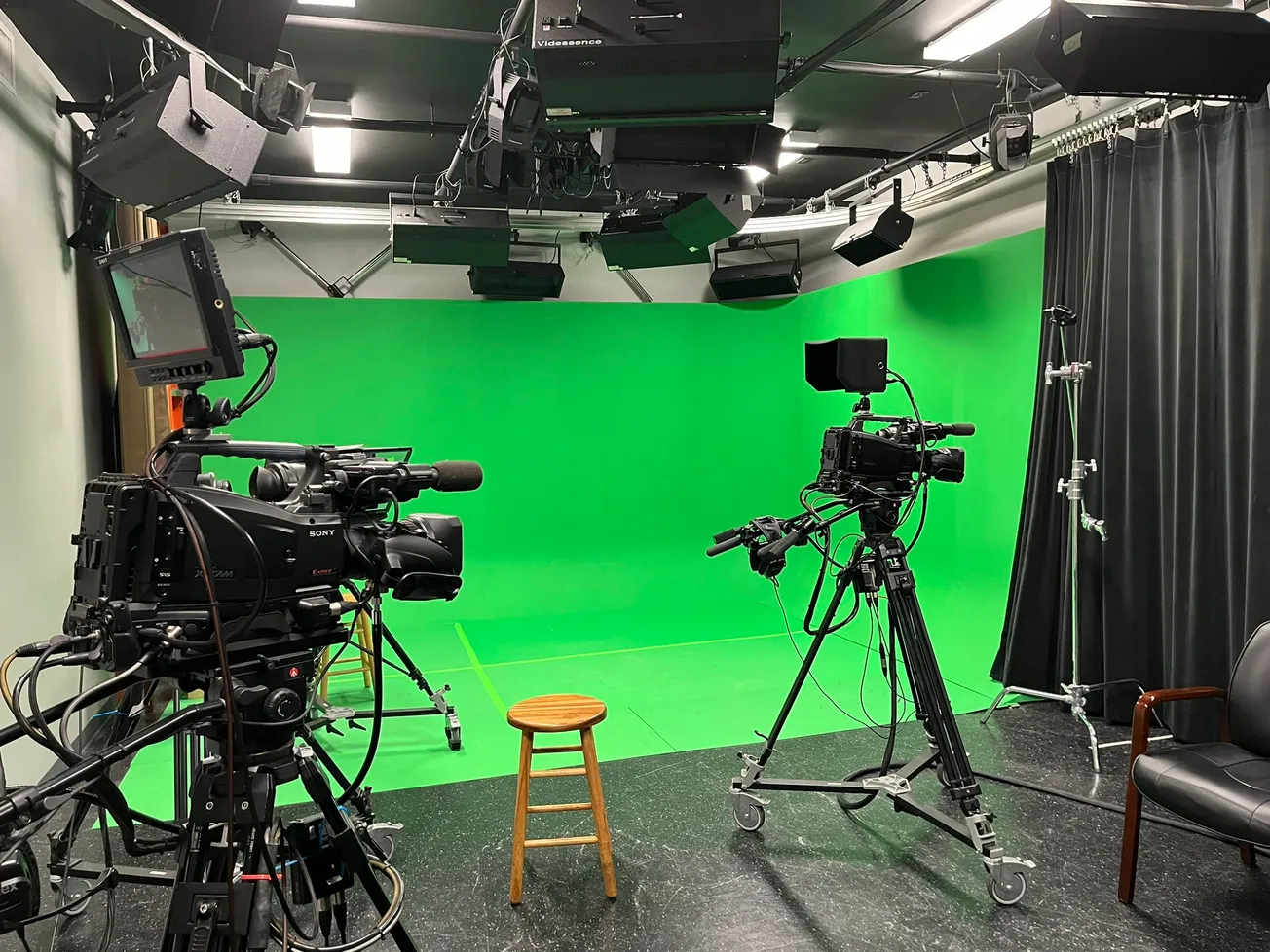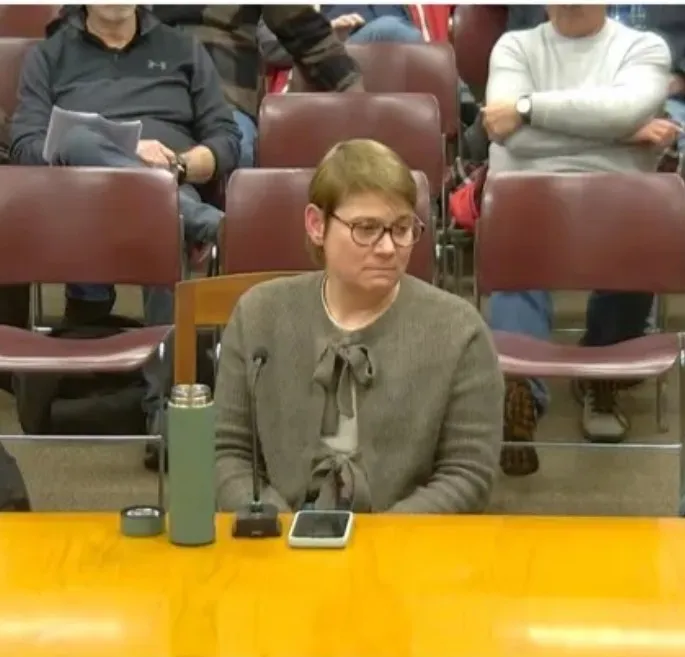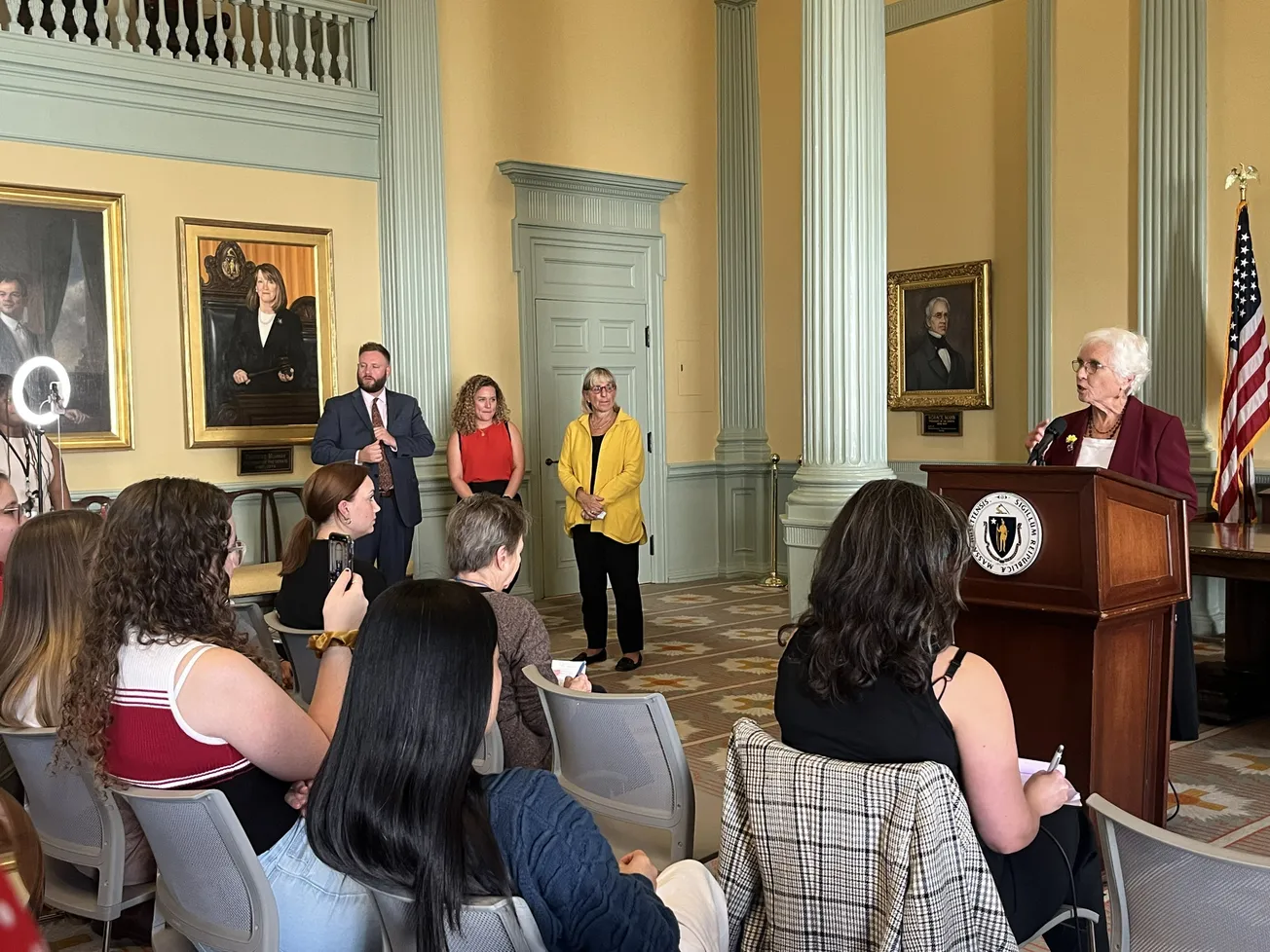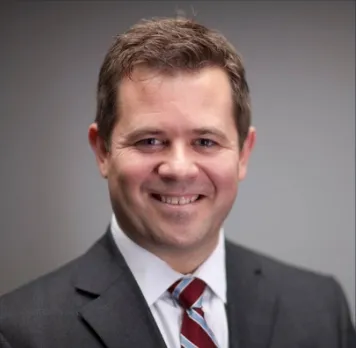Table of Contents
Winchester Community Access & Media Inc. (WinCAM) is confronting its most serious financial challenge in decades, with a $50,000 budget deficit threatening the organization’s ability to provide local government coverage and community programming.
Executive Director David Gauthier told the Select Board recently that the deficit represents about 15% of WinCAM’s entire operating budget, equivalent to one full-time salary. The financial strain stems from a dramatic decline in cable subscribers, who provide more than 90% of WinCAM’s funding through franchise fees.
Cable subscribers in Winchester have dropped from nearly 7,500 in 2013 to just over 4,000 at the end of 2024, Gauthier reported. While the revenue losses don’t match subscriber losses one-to-one, they’re becoming increasingly problematic for the nonprofit organization.
“The federal government’s desire to deregulate telecommunications had led to the FCC recent recommendation that franchise fee regulations be eliminated entirely,” Gauthier said, describing threats beyond declining viewership.
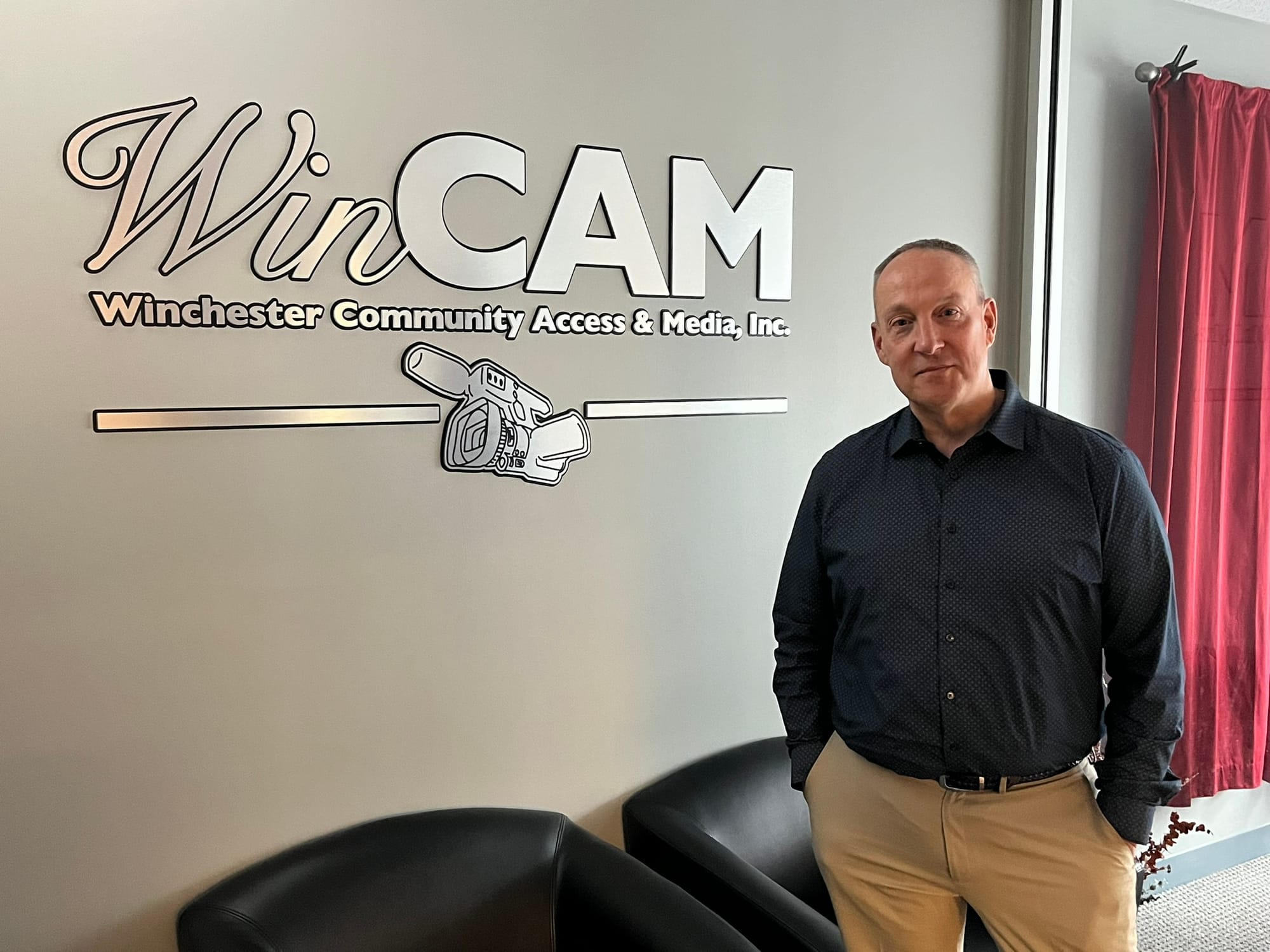
WinCAM operates with the equivalent of three full-time staff members while producing more than 400 hours of livestreamed content annually, including over 100 government meetings and 65 varsity Winchester High School sporting events.
The organization has attempted to diversify revenue through direct appeals, sponsorships, facility rentals and specialty workshops. Other community media centers have explored selling production services or monetizing online content, but Gauthier noted these efforts haven’t closed the funding gap.
“Nothing has come close to closing the gap,” he said. “Our business model simply wasn’t set up in this way.”
State legislation called “An Act to Modernize Funding for Community Media Programming” is in its third legislative session, but progress has been slow. The bill aims to update funding mechanisms as streaming services increasingly use the same infrastructure as traditional cable companies.
“We continue to pursue state legislation,” Gauthier said, noting the measure has received favorable recommendation from a joint committee, but faces hundreds of competing bills in Ways and Means.
Several Massachusetts community media operations have already faced layoffs or closures in recent months, highlighting the industry-wide crisis.
Select Board member Michael Bettencourt acknowledged WinCAM’s value while recognizing the broader funding challenge.
“It’s an important one,” Bettencourt said. “I think the end game is for municipalities to carry this burden, which makes sense. I don’t think that there’s anyone else that’s going to pick up the tab.”
Board member Paras Bhayani suggested WinCAM work with the town’s State of the Town planning process, noting that one board member could facilitate coordination.
“This is, I think, squarely a State of the Town topic for a couple of folks to dive deeply with you,” Bhayani said.
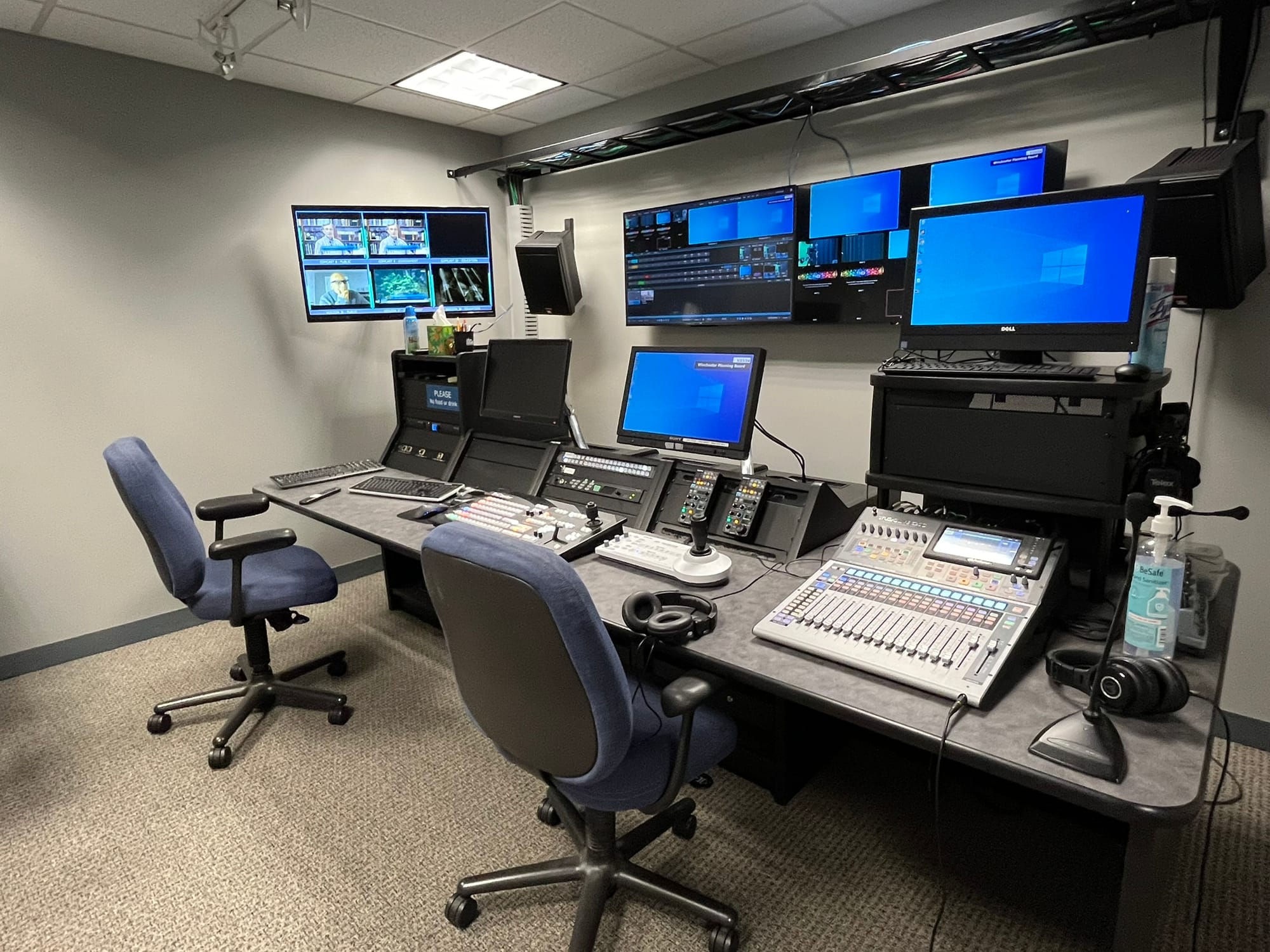
WinCAM currently operates from rented space on Swanton Street after previously using facilities at Winchester High School. Space costs represent a significant portion of the organization’s budget, and board members discussed potential municipal space options as part of long-term sustainability planning.
Gauthier requested that WinCAM be included in the State of the Town planning process for continued partnership and support, emphasizing the organization’s role in government transparency and community engagement.
The Select Board took no formal action, but indicated openness to exploring municipal support options as federal and state solutions remain uncertain.

